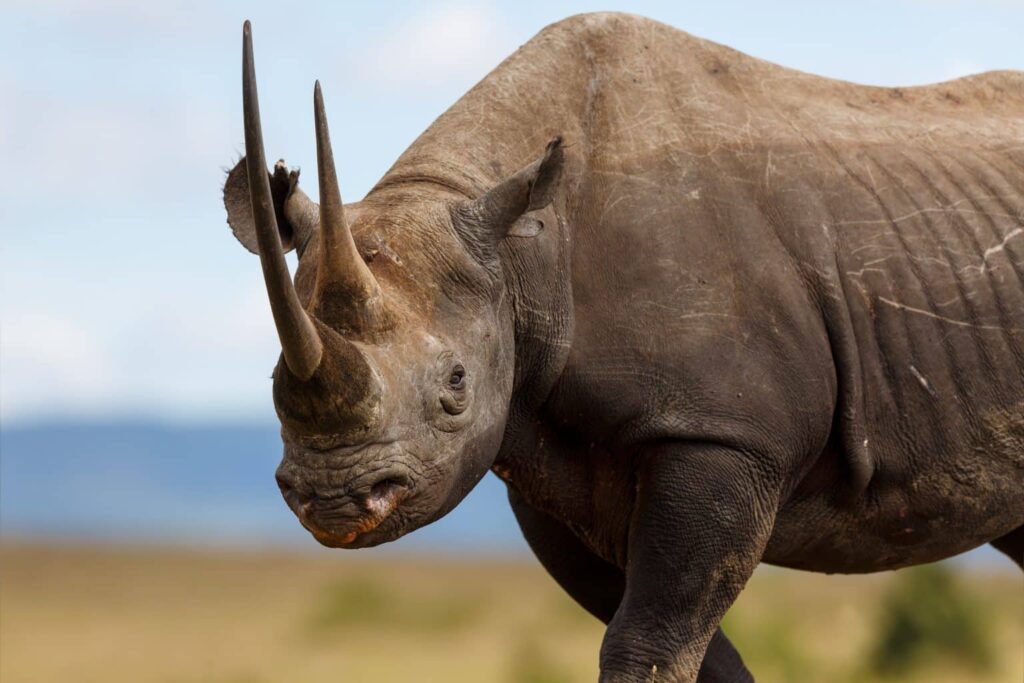Beehives Help Protect Zambia’s Black Rhinos
A beekeeping initiative in Mukungule Chiefdom is offering young people a sustainable alternative to environmentally destructive practices, while helping protect the habitat of Zambia’s only black rhinos in North Luangwa National Park (NLNP).
The project, led by conservationist Rachel Ndabala and supported by the Wildlife Conservation Network’s (WCN) Rising Wildlife Leaders programme, engages schoolchildren in building and managing beehives. Ten per cent of local schools have so far adopted the programme, which combines conservation education with practical livelihood training.
Rachel, now Project Manager at WeForest, developed the scheme to address the loss of forest caused by slash-and-burn agriculture and charcoal production, activities that threaten rhino habitats. Between 2018 and 2022, Mukungule lost around 30,000 acres of forest, an area roughly the size of San Francisco.
Once numbering at least 8,000, Zambia’s black rhino population fell victim to relentless poaching, and by 1998 they were declared locally extinct. Thanks to reintroduction efforts and increased security by the Department of National Parks and Wildlife and the Frankfurt Zoological Society, rhinos have returned to NLNP. However, Rachel warns that habitat loss is now the greatest threat to their survival.
Her beekeeping programme is designed not only to restore habitat but to inspire a new generation of conservationists. Students participate in weekend workshops to build beehives, with the eventual goal of harvesting honey for sale. Profits will be reinvested into school nutrition programmes and supplies such as uniforms, pens, and books, demonstrating how conservation can deliver tangible benefits to the community.
Rachel’s work, supported by WCN’s training and career development resources, currently involves 180 students. By linking environmental protection with financial stability, she hopes to shift attitudes in communities bordering NLNP towards long-term stewardship of the land, ensuring a future for Zambia’s fewer than 60 remaining black rhinos.



